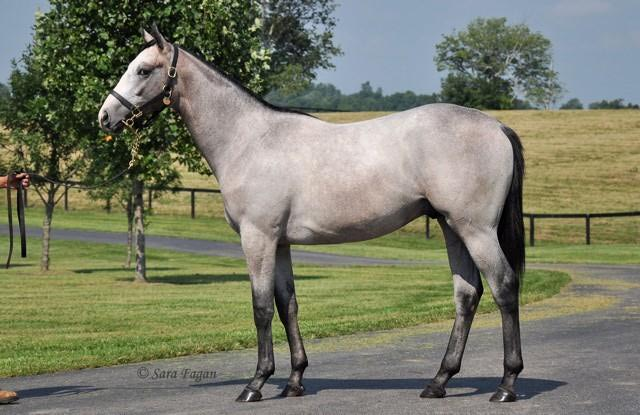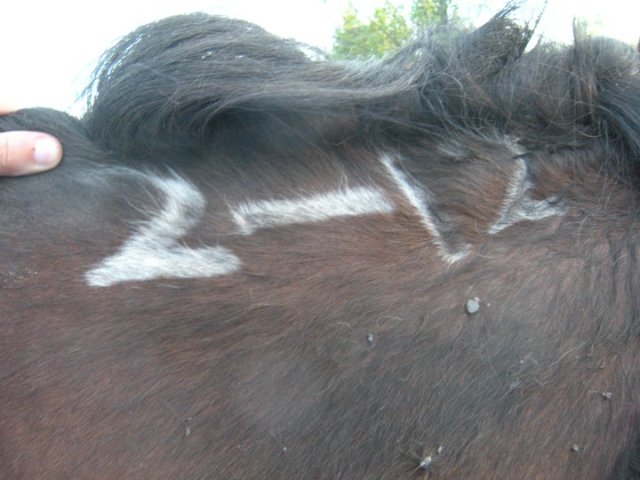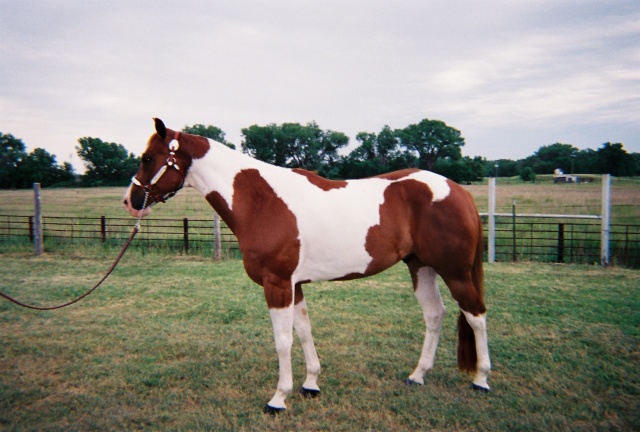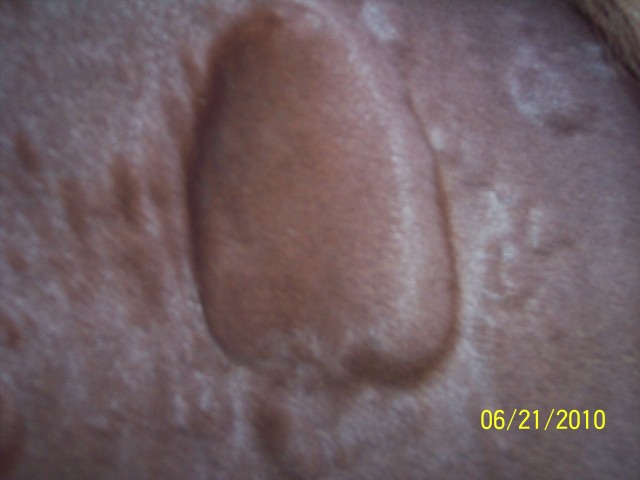QuestionHi, my horse is a 5 year old Irish sport horse iv had for a few months now i got her in very poor condition of dealers as they couldn't sell her as she wont go past a walk. over the months iv have her teeth, back and feet done. iv been lunging her and she does everything i ask, iv starting riding her and she will walk but if i ask for anything more using my legs or voice she pins her ears back and kicks out, i know her back was very bad when the dealers had her and they got it done and so did i. i have managed to get her to trot a little but usually on her terms. she will also object to the leg if she has been standing and you ask her to move forward. I believe its a issue in her mind not a physical issue. just want to ask if you have any advice help resolve this issue.
Many thanks Natasha
Answer Hi Natasha,
I got your question last night, but I didn't reply, as I wanted time to consider my response.
I think you have set yourself quite a challenge with this animal.I don't have an easy, short answer for you, but I hope to be able to talk you through what needs to happen if you are prepared to persevere.
Firstly, I wouldn't assume that all her back problems are resolved, despite the care and attention she has received in that department.
Secondly, even if there is no residual injury damage, her back could still be quite weak.
Thirdly, you may be right, and she may be operating off remembered pain.
I think (for the moment) you are going to have to assume that the problem lies in either of the latter two (just don't close your mind entirely to no.1).
Now to pick up on the second possibility, the way she goes on the lunge might offer a clue. Does she show any tendency to lower her head and thereby raise her back (a really good lowering would mean her nose almost brushing the ground). This is a really good way of stretching the back, and building up the muscles in that area. If she always goes with her head carried high, and her back hollowed, then she will never develop a strong back. Before I go any further, I ought to ask, if you are sure, that the saddle is a good fit? There is a way of encouraging a horse to lower her head. Put the bridle on her, then, standing on the near side, put your hand over her neck, and pick up the rein on the off side; pick up the nearside rein in your left hand. Adjust both reins 'til you just can feel her mouth. Now, close your fingers on the offside rein, to put a little pressure on that side of her mouth. If she tries to fight your pressure by increasing her own, then you tighten your grip and resist. Finding that she cannot get rid of the pressure that way, she should try to experiment, and at some stage she will release, or at least lessen her grip on the rein. As soon as you feel that, it is "VITAL"that you release your grip on the rein as well. Then you repeat the same exercise on the nearside. When you feel her yield on this side , drop the reins completely, and you may find that she drops her head significantly. If she doesn't, don't despair, it will come with time. Either way, wait for about30 sec. and repeat. You could do this exercise 4 or5 times in one session, but you could have 3 or 4 sessions in a day (if you can find the time). I have to admit that I am making a couple of assumptions here. The first one is, that she has a reasonably soft mouth. If she has a mouth "of iron", the technique remains the same, but will require a bit more patience on your part, and will result in you having an animal with a nice soft mouth. The second assumption is, that all this is new to you. If not then, I can only apologise.
Personally speaking, I would not mount her until, I had,at least, a reasonable response to the ground exercise. Then I would perform the same ritual at the halt, and not move on to the walk, until the halt part was going well. Repeat the same procedure at the walk before asking for trot, and again another repeat before going to canter.
If she is operating from a remembered pain, the above exercises should still help, but again may take a bit longer for her to supplant her older memories with newer, better ones.
I hope that what I have said makes sense to you, and that it will prove to be of assistance. I really hope that you will let me know what you think initially, and I would also like to hear how you are getting on in a week or two.
For the moment I will wish you the best of luck.
Slan,
Brendan

 stifle above the sheath
Question
yearling
hello. i believe that this yea
stifle above the sheath
Question
yearling
hello. i believe that this yea
 13(?) year old Standardbred mare
Question
Brand
A friend of mine just pulled a mare from
13(?) year old Standardbred mare
Question
Brand
A friend of mine just pulled a mare from
 horse height
QuestionQUESTION: hi i have a three year 5 month old fi
horse height
QuestionQUESTION: hi i have a three year 5 month old fi
 bleeding hooves - Rick Gore Horsemanship
Question
hooves
hi rick! I have attached a photo so you
bleeding hooves - Rick Gore Horsemanship
Question
hooves
hi rick! I have attached a photo so you
 Bumps all over my horse
Question
under mane
I just went down to pasture to chec
Bumps all over my horse
Question
under mane
I just went down to pasture to chec